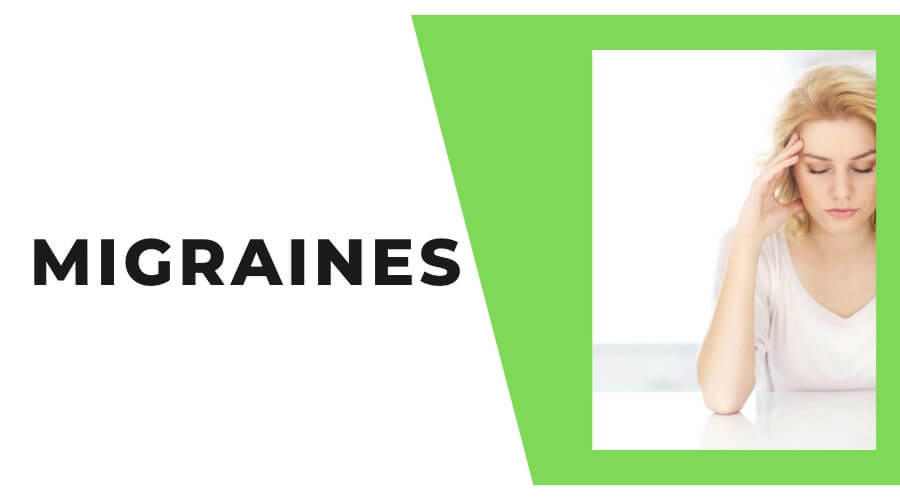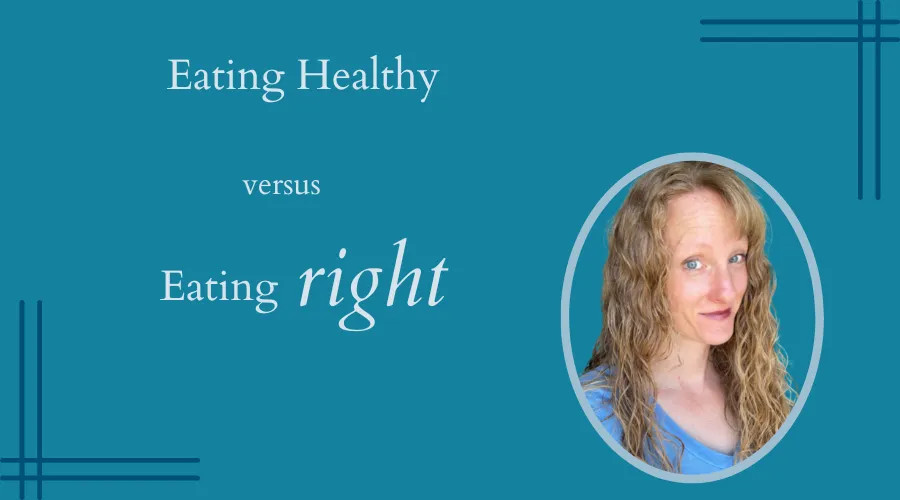
Migraines are one of the most common types of headaches. They are severe, throbbing pain spanning hours to days that may be accompanied by nausea, vomiting, and migraine-specific symptoms such as sensitivity to light or sound. Migraine sufferers should consider how triggers such as stressors, lack of sleep, and certain foods affect their condition and take steps to reduce those triggers when possible. There are many natural remedies for migraine relief available without prescription drugs. Read on for more detail about causes, triggers, and natural remedies.
What is a migraine headache
A migraine headache is a type of vascular headache, typically with pounding on one side of the head. Migraine headaches are often preceded by psychological or visual changes such as blurring or bright spots in vision, anxiety, fatigue, changes in thoughts, or even numbness or tingling in the hands or feet. Migraine symptoms may be experienced by people of all ages, affecting females more frequently than males, and adults more than children.
What causes migraine headaches
Migraine causes can vary from person to person. In some cases, genetics or family history plays a role but migraine triggers are also common and include stressors, lack of sleep, certain foods, skipping meals or low blood sugar, weather changes, and hormonal fluctuations. Here are four hypotheses being investigated for causes of migraines:
- Newer research is showing an association between blood vessel instability and migraine headaches. The instability causes constriction of blood vessels, followed by dilation of the blood vessels in the brain. This cycle causes changes in the amount of blood in the brain. The abnormal blood flow can last for several days.
- Many migraine sufferers also have differences in their blood platelets causing spontaneous aggregation (clumping), changes in serotonin release by platelets, and structural differences in the composition of the platelets. Serotonin in the blood is normally stored in the platelets and released upon aggregation. This may be due to platelet damage caused by mitral valve prolapse. Researchers have found about 16% of patients with migraines have diagnosed mitral valve prolapse and an additional 15% have possible prolapse. As an aside, mitral valve prolapse is found 3x more often in those with magnesium deficiency. Magnesium is a critical mineral in regards to migraines.
- Another hypothesis is the nerves release a compound known as substance P which is associated with blood vessel dilation and release of compounds by the white blood cells. The mitochondria (energy power plants of the cells) do not produce as much energy in those with migraines as those without.
- One final hypothesis is “serotonin deficiency syndrome”. In this case, researchers suggest that serotonin is broken down too quickly in migraine sufferers. Many monoamine oxidase inhibitors often used as antidepressants have been found to prevent migraines.
In the end, what we know about migraines is there are typically three phases: initiation, prodrome (between initiation and headache), and headache. Many factors can trigger migraines and can accumulate leading up to the actual migraine formation, such as food sensitivities, food allergies, food additives, caffeine withdrawal, stress, hormone fluctuations, lack of sleep (or sleep disturbances), exhaustion, weather changes, and even eye strain.
How to treat migraines without migraine medications
Because migraine causes can vary from person to person, migraine treatment must be tailored individually in most cases and often involve lifestyle changes. For migraine relief, the first approach is to avoid migraine triggers.
There are also other natural remedies used for migraine relief such as:
- Vitamin B2 (riboflavin): helps promote energy production by mitochondria
- Magnesium: necessary for hundreds of chemical reactions in the body. Has also been shown to prevent the development of mitral valve prolapse.
- 5-HTP: increases serotonin levels and endorphins
- Feverfew: helps as treatment and prevention of migraines
- Butterbur: reduces spasms of blood vessels and reduces the production of inflammatory compounds.
- Ginger: suppresses inflammation and platelet aggregation
- Manage blood sugar levels: helps stabilize blood vessels, reducing damage to the cardiovascular system and reducing migraine prevalence
Summary
Migraine headaches are characterized by throbbing, pulsing pain on one side of the head. It’s important to note that migraine triggers vary from person to person and can include food sensitivities, food allergies, food additives, caffeine withdrawal, stressors (both physical and mental), hormone fluctuations, lack of sleep or sleep disturbances, exhaustion, weather changes, and eyestrain. Because migraine causes can be so variable it is best to avoid migraine triggers, if possible.
Lifestyle remedies are the most effective prevention of migraine headaches:
- Get adequate quality and quantity sleep
- Eat a healthful, whole-food diet
- Avoid food additives and any foods you are sensitive or allergic to
- Balance blood sugars
- Take supplements as needed to fill any gaps





















0 Comments